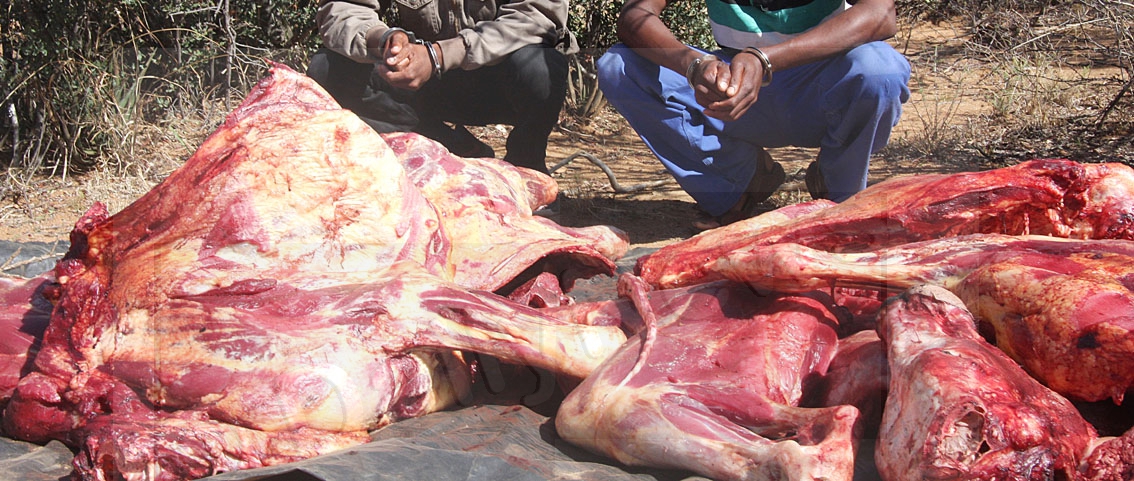Tribal land Act addresses impediments
27 Nov 2022
The Tribal Land Act of 2018 was re-enacted as one of the major reforms in the administration and management of tribal land in Botswana.
Responding to a question in Parliament on behalf of the Minister of Lands and Water Affairs during the minister’s question time, Assistant Minister of Local Government and Rural Development Mr Mabuse Pule said the re-enactment was done as a response to Batswana’s outcry on the low status associated with tribal land as compared to other land tenures.
“To that end, the new Act has removed some of the major impediments in transacting with tribal land. In the repealed Act development of a plot was a requirement before it can be transferred except where the title owner was deceased. In addition, the plot owners were required to register for common law leases before they can use them as collateral,” he said.
Mr Pule said with the ongoing registration of a Secure Land Title, owners could directly approach financial institutions without reference to the land board for a common law lease.
He explained that the model for compensation for repossession of tribal land had been changed to the use of market rates as opposed to the standard prices prescribed in guidelines.
He said land boards charged P3 000 for transfer by sale or donation, P200 for transfer by inheritance as prescribed in the Tribal Land Act of 2018.
“Among the objectives of the land reforms was to bring tribal land status and nature of rights to be competitive with other Land Tenures.
In the process, the Botswana Land Policy as revised in 2019 made pronouncements in the packaging of tribal land for allocation to citizens.
Among these is that any parcel of land to be allocated should be planned, surveyed and registered at the deeds registry offices,” he added.
Mr Pule said tribal land continued to be allocated to citizens free of charge but with improved value and certainty rights making it directly useable as security for accessing financial institutions unlike it obtained in the old Act.
He said the costs involved in planning, surveying and registration were all borne by government for both old plots and new allocations across all land use.
He said the issues of transfer duty and valuations were requirements brought up by the transfer duty Act 2019 which was administered by the Ministry of Finance.
“Where there is a transfer of land title between an individuals and entities the value of land must be known. However, concerns regarding transfer duty have reached our offices and I, therefore, wish to assure the house that my ministry and that of finance are currently in discussions to address these concerns including valuations for different types of transfers,” he said.
Mr Pule said the engagement would be concluded soon.
He said the ministry was concerned about long and unrealistic waiting lists at the land boards.
He said they were due to repeat applicants and applicants who did not qualify to be allocated land.
He said the current list was a product of the applications which were received without a system.
He added that the introduction of the Land Information System which had automated at land delivery process through creation of databases would enable instant vetting of applicants as the system would have information on the existing land rights of the applicants.
He said since embarking on the automation drive the national waiting list was vetted and the numbers dropped from about one million four hundred to about 500 000.Nkange MP Dr Never Tshabang had asked the minister if he was aware of Batswana’s outcry regarding the adverse effects of the implementation of the amended Tribal Land Act of 2018. ENDS
Source : BOPA
Author : Baleseng Batlotleng
Location : GABORONE
Event : Parliament
Date : 27 Nov 2022



